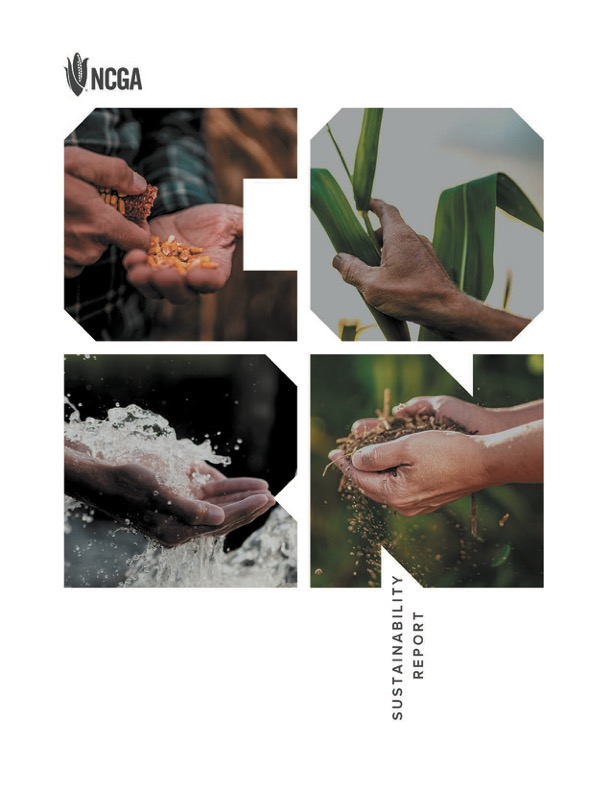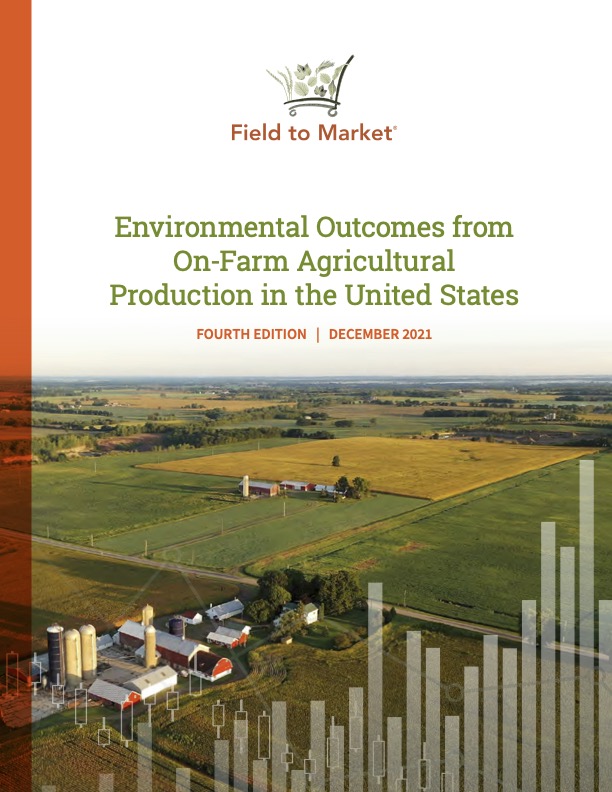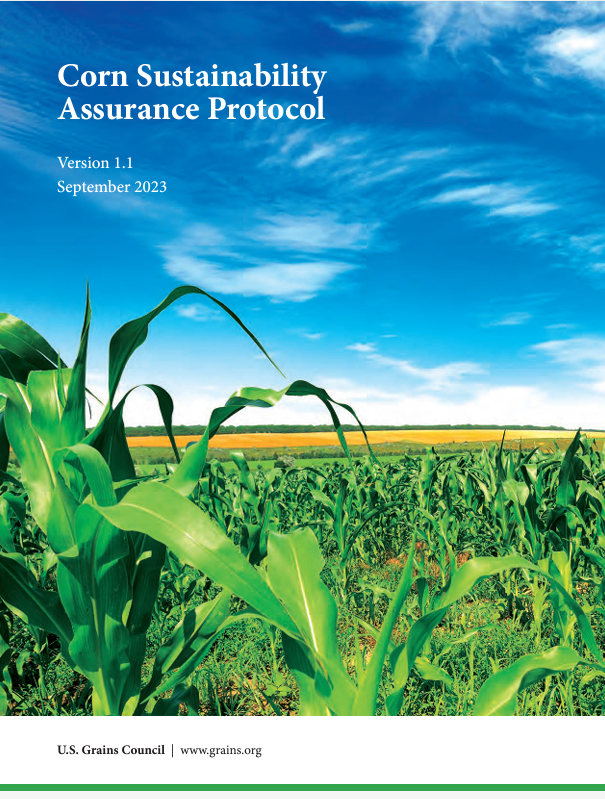
Corn is a major global crop grown for food and non-food uses. It serves as a key source of nutrition for people and animals, and is widely used in a range of industrial and consumer products, including biofuels and plastics.
U.S. corn production is based on a national system of sustainability and conservation laws and regulations that guarantee high environmental standards and legal compliance in farming.
Furthermore, U.S. corn farmers are careful stewards of the land, quick to embrace new technologies and willing to adopt improved production practices. This has led to multi-decade efficiency improvements in use of soil, water, land and other natural resources. Visit Sustainable Corn Exports for an in-depth view of U.S. corn sustainability.
U.S. corn farmers are committed to continuous improvement in the production of corn, a versatile crop providing abundant high-quality food, feed, renewable energy, biobased products, and ecosystem services. This commitment is reflected across the corn industry’s key reports, environmental performance measurement frameworks, and the tools developed to facilitate international trade



Corn Assurance Protocol
In 2023, the Council developed two tools to support national and international supply chain stakeholders address current and future sustainability requirements:
The U.S. Corn Sustainability Assurance Protocol (CSAP) offers international corn buyers and export markets insights into the sustainability of U.S. corn production practices and regulations.
The Sustainable Corn Exports platform allows buyers and exporters of U.S. corn to issue shipment-specific records of sustainability to address baseline sustainability requirements in supply chains.